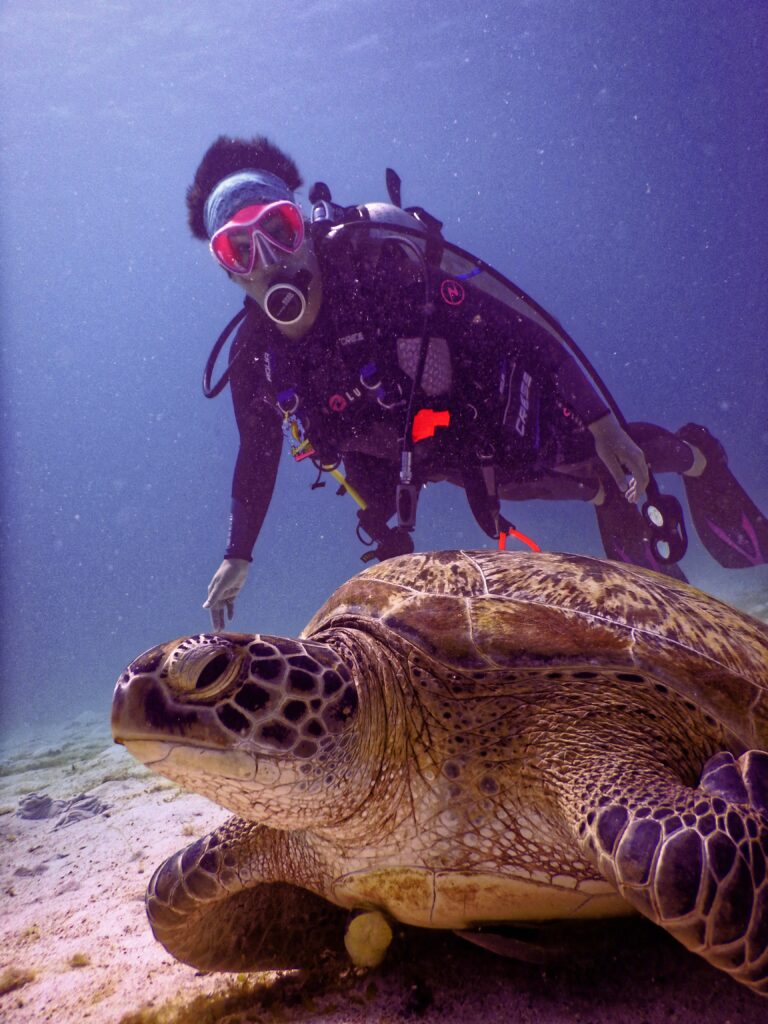Introduction
If the mysteries of the deep blue sea fascinate you, then a Bachelor of Science (B.Sc.) in Marine Biology might be your ideal academic pursuit. In this all-inclusive guide, we’ll delve into the various aspects of this course, focusing specifically on the Indian context.

Understanding B.Sc. in Marine Biology
A B.Sc. in Marine Biology is a three-year undergraduate program. This course immerses students in the study of marine organisms, their behaviors, and interactions with the environment. It’s a perfect choice for those who are passionate about aquatic life and are keen to conserve our oceans.
Eligibility for B.Sc. in Marine Biology
Before diving into the course, it’s essential to understand the eligibility criteria:
- Completion of 10+2 with Physics, Chemistry, and Biology as core subjects.
- A minimum aggregate score of 50% in these subjects is generally required.
- Some colleges may also conduct an entrance examination to gauge the aptitude of the students.
Top Colleges for B.Sc. in Marine Biology in India
Choosing the right college is a significant step in your academic journey. Here are some of the top colleges in India offering a B.Sc. in Marine Biology:
- Cochin University of Science and Technology, Kerala
- Andhra University, Visakhapatnam
- Annamalai University, Tamil Nadu
- Mangalore University, Karnataka
- Goa University, Goa
Course Curriculum for B.Sc. in Marine Biology
The curriculum for B.Sc. in Marine Biology is a mix of theoretical knowledge and practical exposure. Here’s a sneak peek into what you’ll study:
- Introduction to Marine Biology: This module will provide you with a foundational understanding of marine ecosystems and marine life.
- Oceanography: Here, you’ll learn about the physical and chemical properties of the ocean, and how they influence marine life.
- Marine Ecology: This part will focus on the interactions of marine organisms with their environment.
- Aquatic Biology: This section will delve into the study of organisms living in various water bodies, including rivers, lakes, and oceans.
- Conservation Biology: This module will teach you about the conservation strategies needed to protect marine ecosystems and biodiversity.
Career Prospects After B.Sc. in Marine Biology
After earning your B.Sc. in Marine Biology, a range of career options are available:
- Marine Biologist: As a marine biologist, you’ll study marine organisms and their behaviors, contributing valuable research to the field.
- Oceanographer: As an oceanographer, you’ll explore the physical and biological aspects of the ocean.
- Aquatic Veterinarian: In this role, you’ll provide medical care to marine animals.
- Marine Conservationist: As a conservationist, you’ll work on initiatives to preserve marine ecosystems and protect endangered species.
- Marine Educator: In this role, you can educate the public about marine life and the importance of conservation.
Conclusion
In conclusion, a B.Sc. in Marine Biology is an exciting course for anyone passionate about marine life and ocean conservation. With the growing emphasis on conserving our oceans and marine biodiversity, there are ample career opportunities for graduates of this course.
Choosing the right course and the right college is a critical decision, so ensure you conduct thorough research and thoughtful consideration. We hope this guide serves as a helpful resource as you navigate your academic journey. Dive in, the ocean of opportunities awaits!
